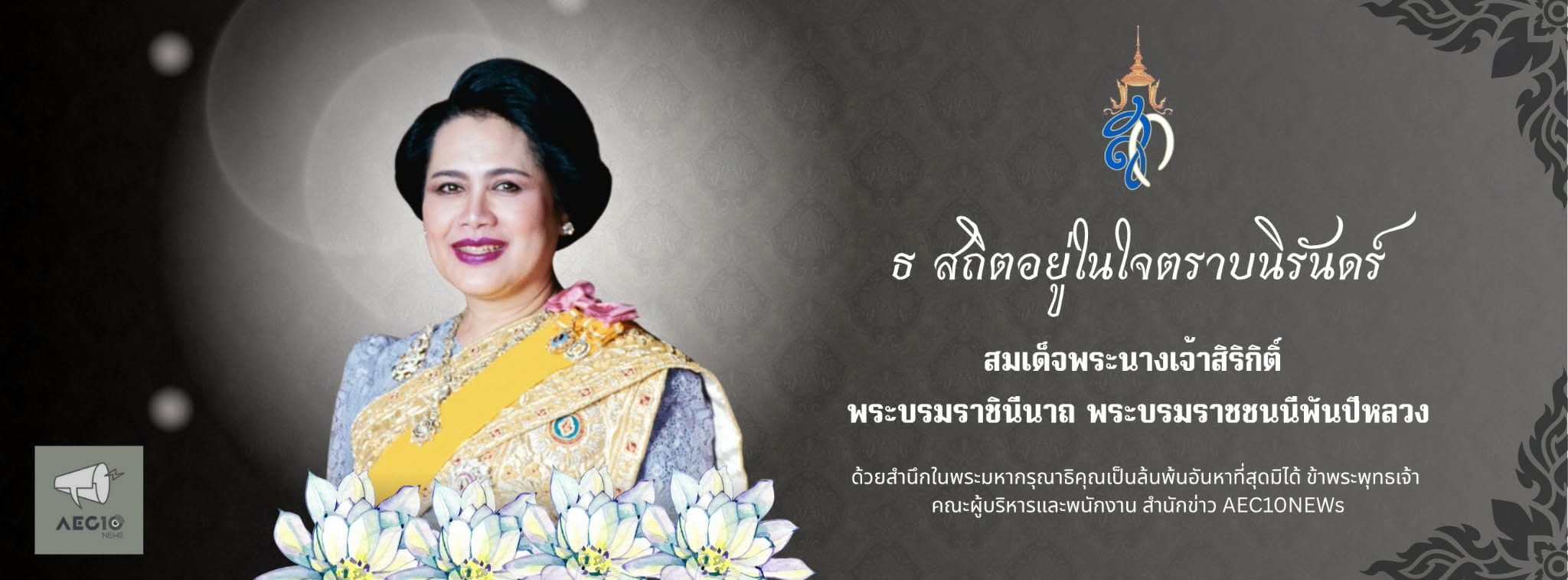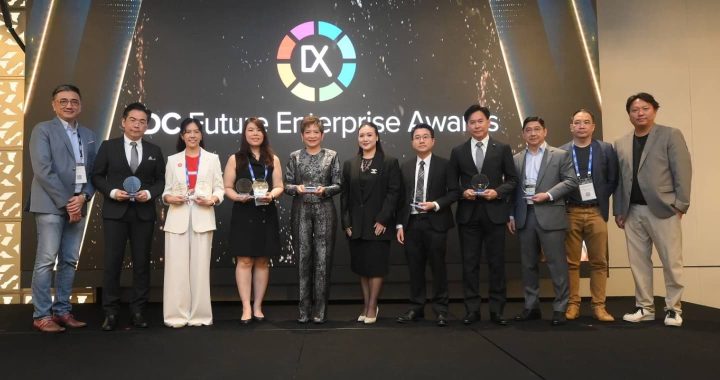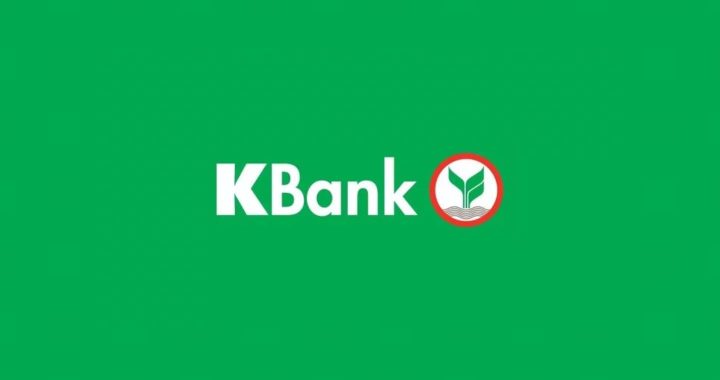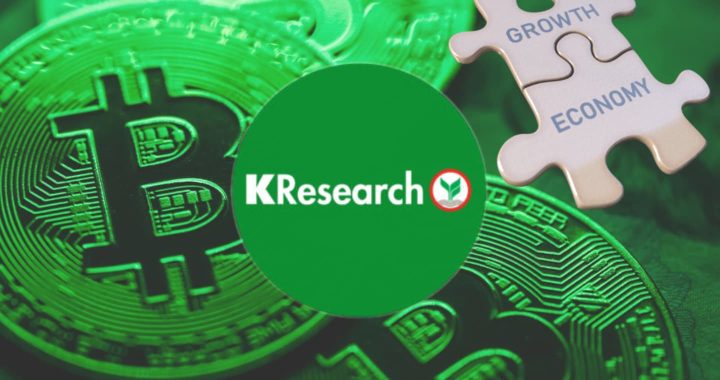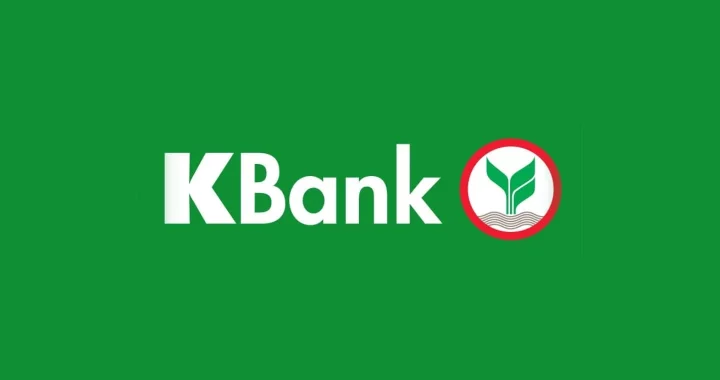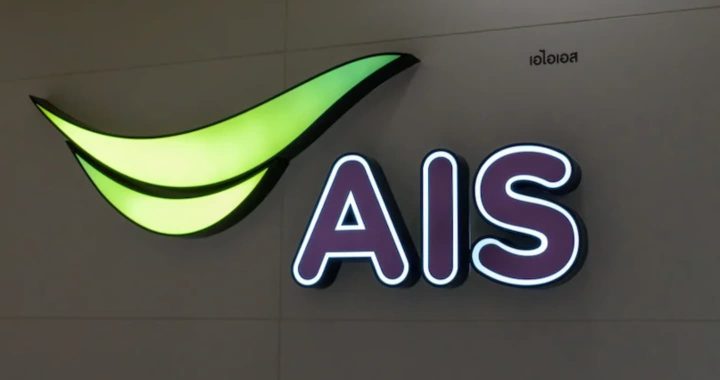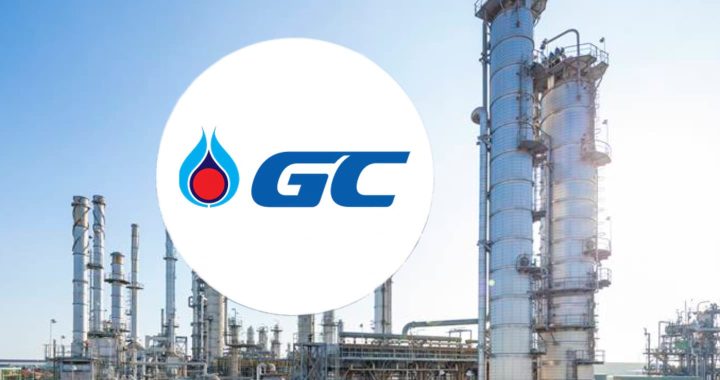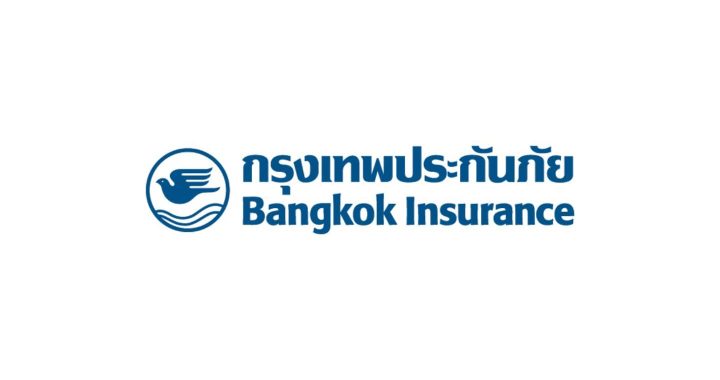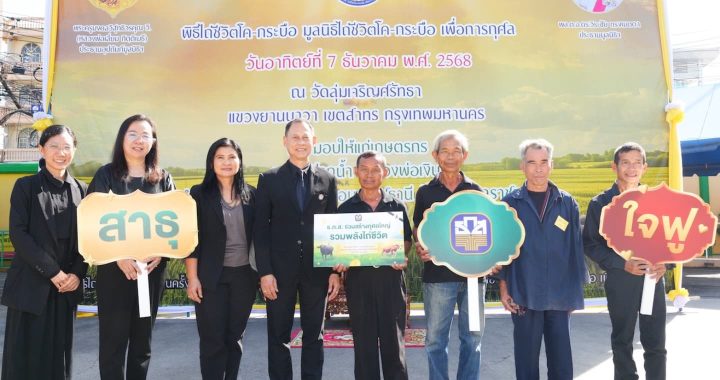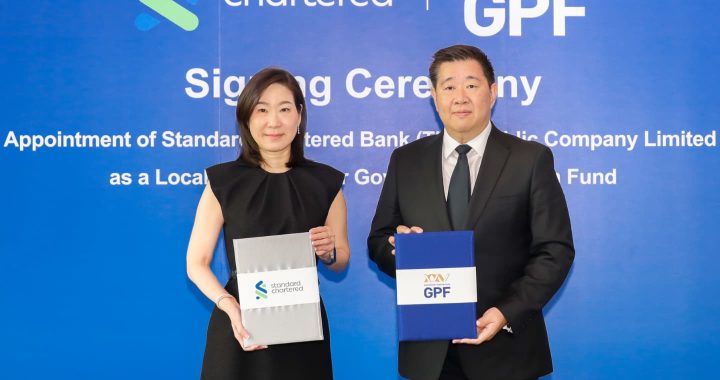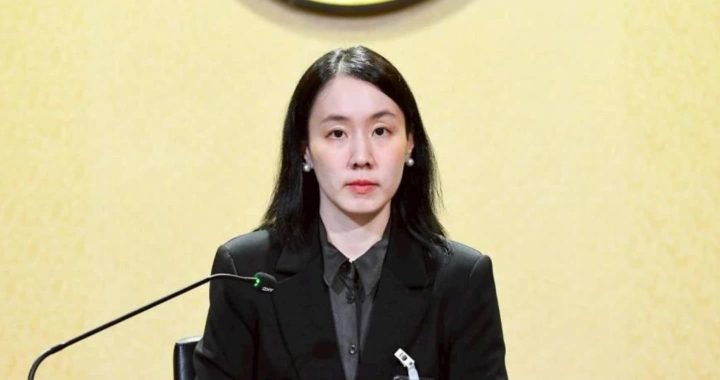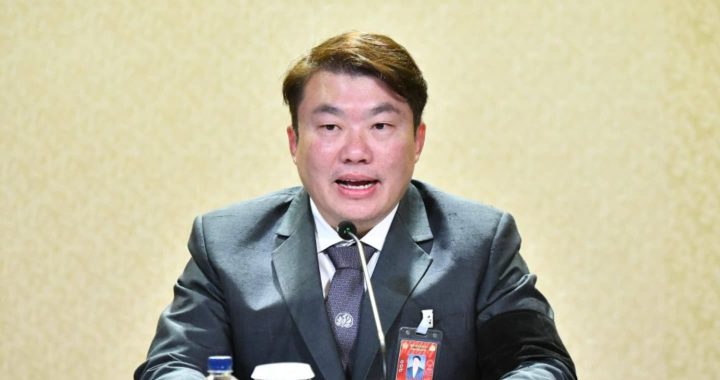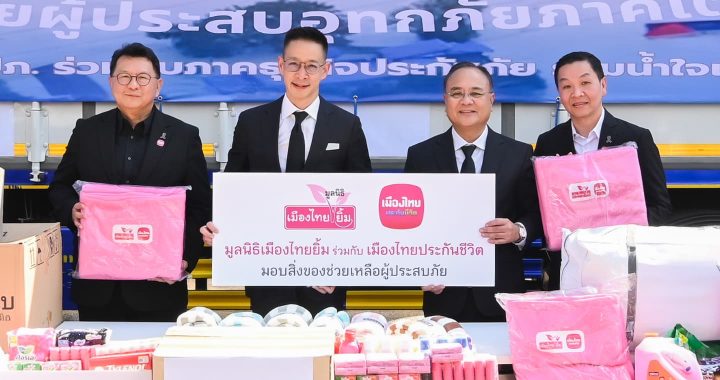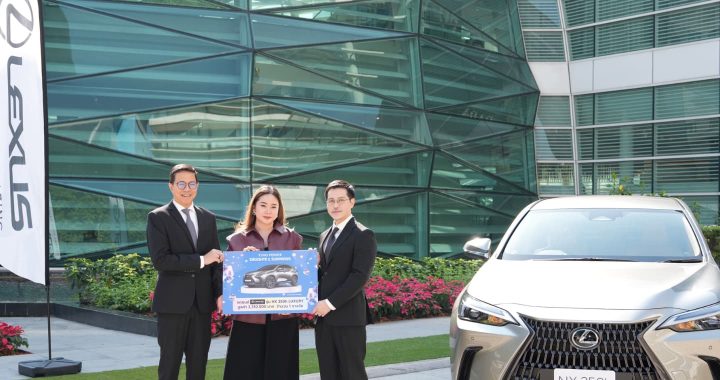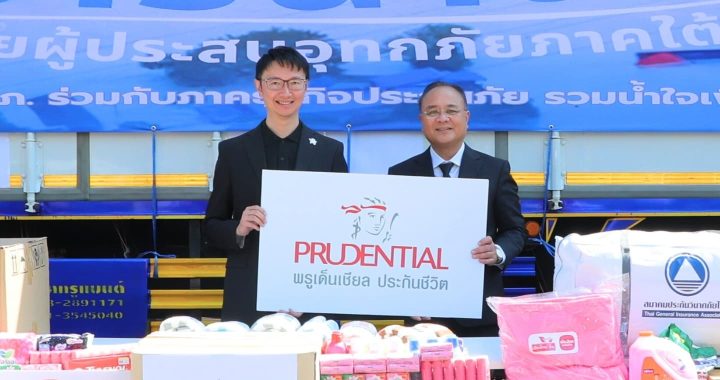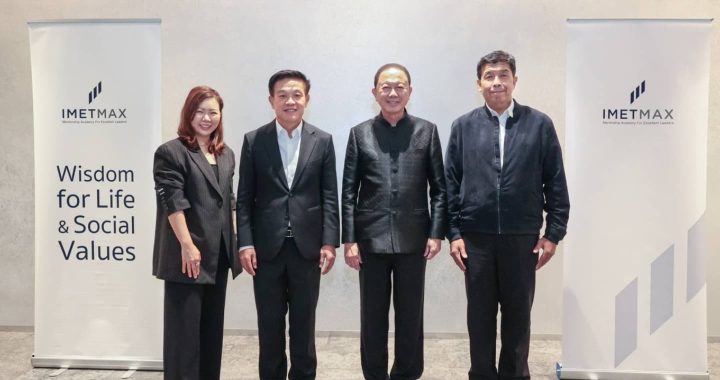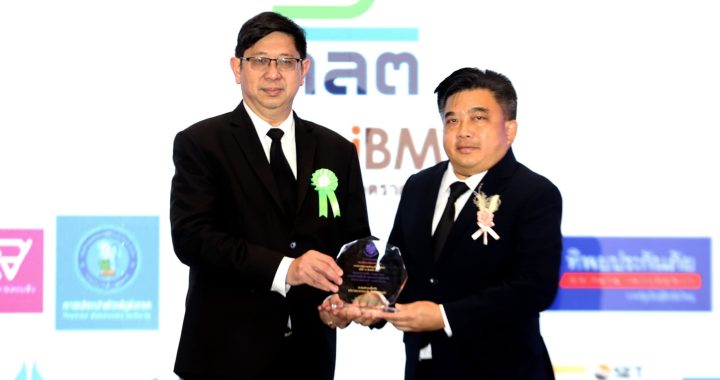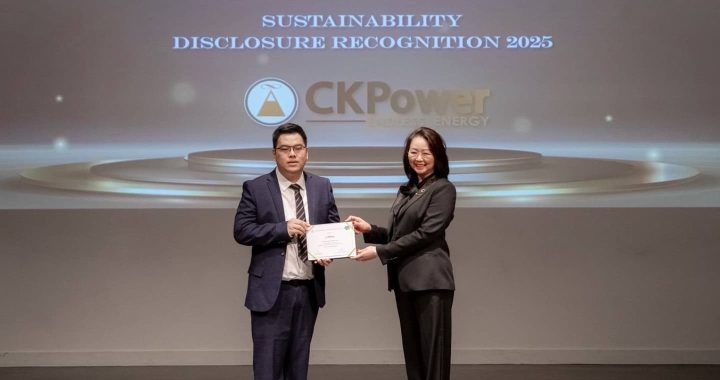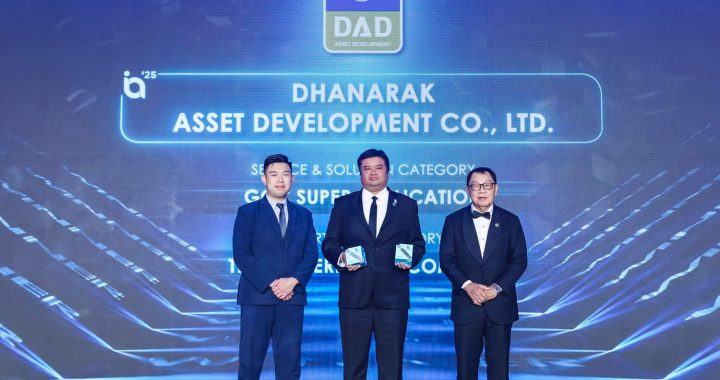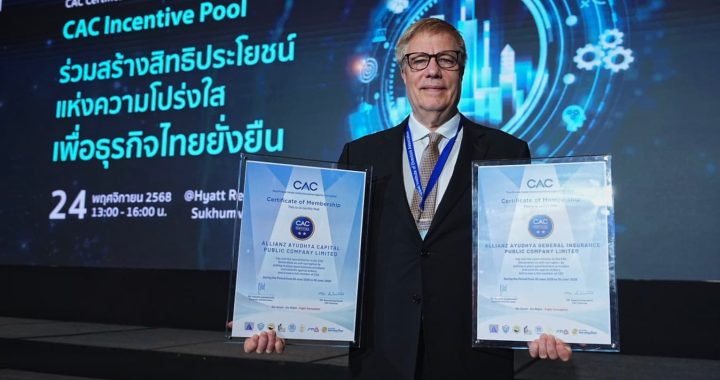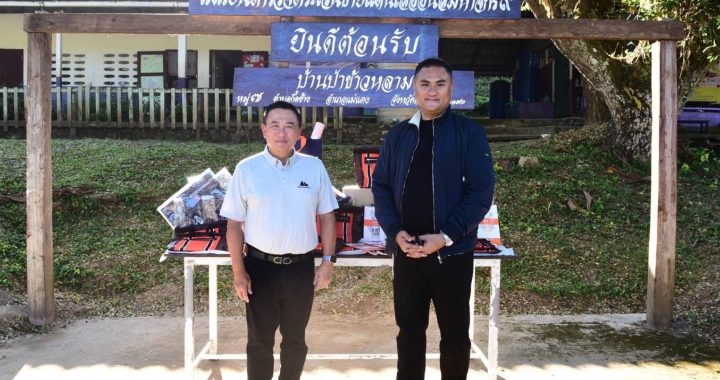KBank conducts business in line with the UN Principles for Responsible Banking
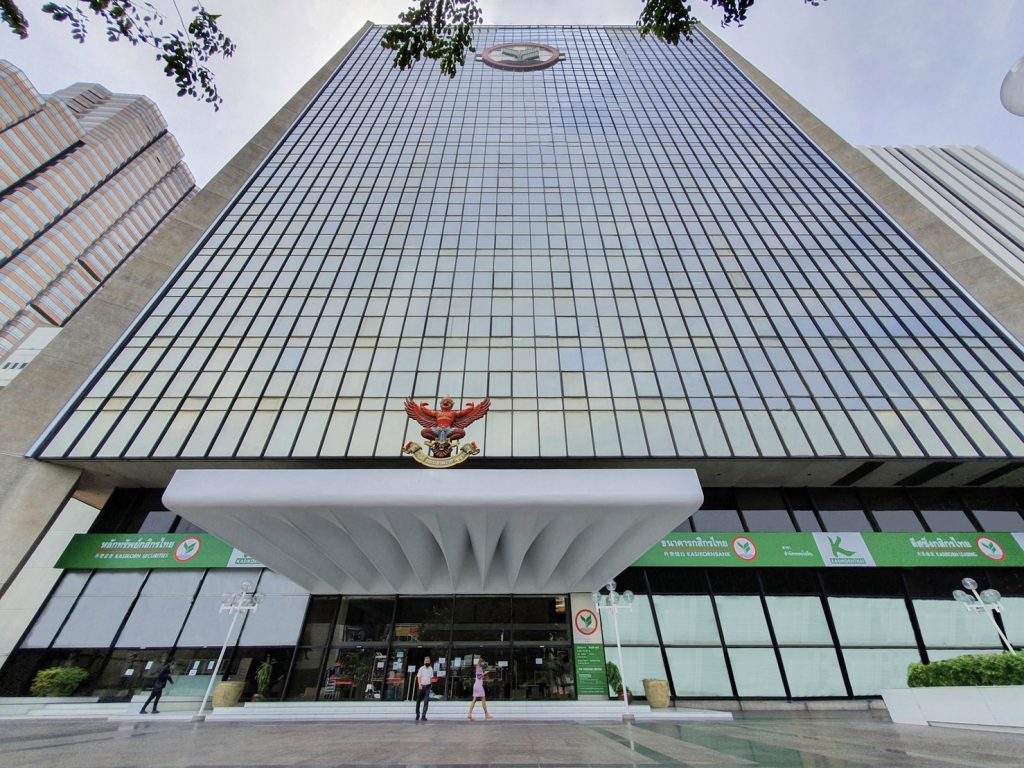
KBank conducts business in line with the UN Principles for Responsible Banking – now in its third year, joining more than 240 other banks in creating positive change for the world, sustainably
As the first and only Thai commercial bank being a signatory to the UN Principles for Responsible Banking, which is entering its third year, KASIKORNBANK (KBank) has continued to operate its business in line with the Principles of a Bank of Sustainability. KBank has exchanged knowledge and expertise with more than 240 other banks worldwide, and has adopted UN tools for analyzing and developing a roadmap towards a sustainable future. Meanwhile, KBank has enhanced its support of environmentally friendly businesses by granting more ‘Green Loans’ and refraining from financing new coal-fired power generation unless there is an energy transition strategy to other low carbon resources. KBank targets to gradual existing long-term loan for coal-fired power generation which will be completely discharged by Y2030. All of the Bank’s endeavors aim to spark positive changes in society and pass a cleaner world on to future generations.

Ms. Kattiya Indaravijaya, KBank Chief Executive Officer, noted that climate change is now high on the agenda for our planet. To address the root causes of the climate crisis, concerted action from all businesses, organizations and every one of us is needed. KBank is the first and only Thai commercial bank that has joined with more than 240 other banks in 69 countries – representing 40 percent of banking asset worldwide – in signing the UN Principles for Responsible Banking (UN PRB) of the United Nations Environmental Program Finance Initiative (UNEP FI) which was launched in September 2019. KBank became a signatory to the Principles in February 2020. The UN PRB initiative is now entering its third year.
KBank’s continuing role that is in line with the UN PRB is its business engagement, which is based on the principles of a Bank of Sustainability. Despite challenges from the COVID-19 pandemic, KBank continues to place emphasis on an environmental, social and governance (ESG) risk assessment together with ensuring that its customers can weather the crisis and press ahead with their businesses and lives amid the ‘new normal’ environment. Additionally, KBank has supported its customers to make a transition towards a society of low carbon or net-zero greenhouse gas emissions. All of these efforts have been carried out with the engagement of all stakeholders through transparent communication.
Moreover, KBank has exchanged its experience with other banks worldwide that are also signatories to the UN PRB, and used UNEP FI’s tools to not only analyze loan portfolios of large corporate customers, but also establish business goals in response to global sustainability agenda regarding the reduction of the impact of climate change. Such goals include promoting environmentally friendly businesses by increasing the share of KBank’s renewable energy financing to 15 percent of the market in terms of production capacity (megawatts),and increasing the percentage of loan outstanding of green building projects to total real estate portfolio to 10.0% by Y2025. KBank will refrain from financing new coal-fired power generation unless there is an energy transition strategy to other low carbon resources. In so doing, KBank targets for gradually existing long term loan for coal-fired power generation which will be completely discharged by Y2030 as part of its efforts to achieve a zero-carbon society.
Ms. Kattiya added that, in terms of its operations, KBank is ready to forge ahead under the UN Principles for Responsible Banking which is now entering its third year. Key factors that will enable KBank to achieve the Sustainable Development Goals in reducing climate change impacts, are the reinforcement of employees’ preparedness throughout our operations, as part of our Green DNA, and the establishment of the Environment, Social and Governance (ESG) database to analyze the Bank’s sustainable development operations with precision. These practices have allowed us to set targets and achieve effective results, cementing KBank’s reputation as an exemplary organization with good corporate governance. At the same time, awareness should be raised among every faction of society with regard to the importance of sustainability in order to ignite positive changes, mitigate climate change and pass a clean world on to future generations.
